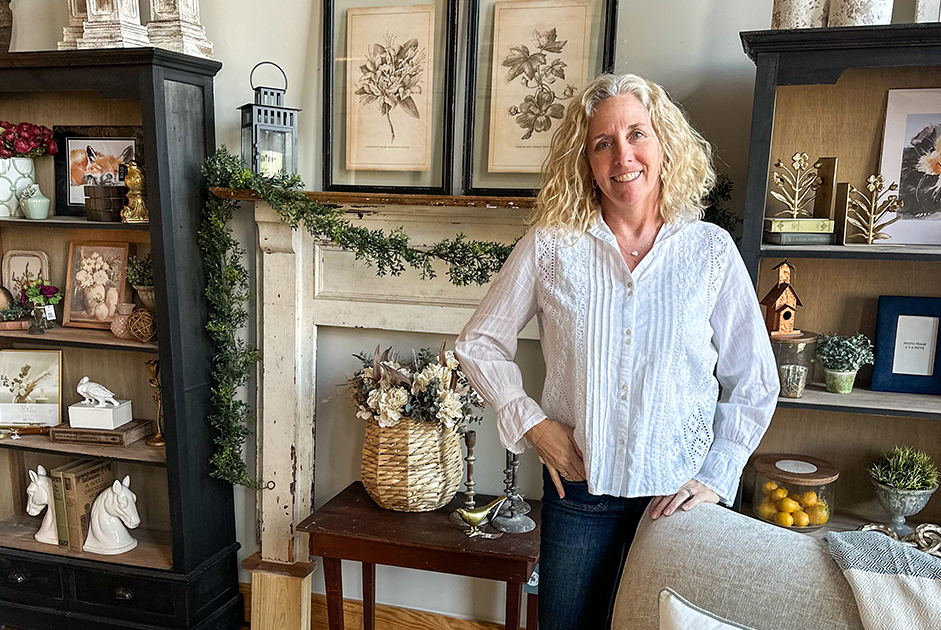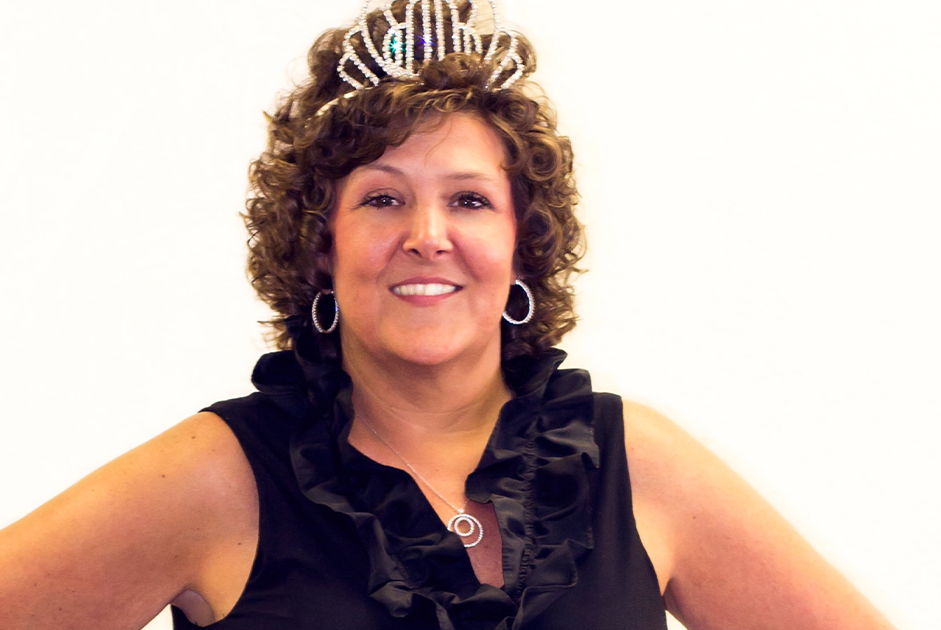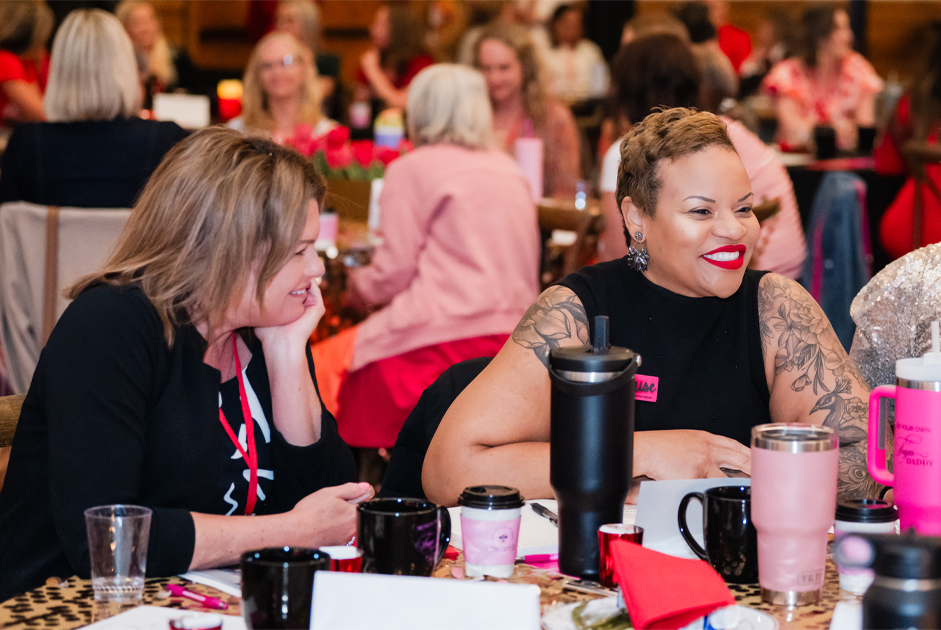Honey, have you seen my car keys? Now where did I put my phone? If I had a dollar for every time I’ve heard these questions, I would be a rich woman! To be fair though, I have my share of memory blunders… like walking into a room and forgetting what I’m doing there; missing an appointment I forgot to put on my calendar or forgetting to pick up something at the store I thought about just a few minutes earlier. Everyone forgets things sometimes, and still, memory loss is important to “remember” to pay attention to.
Most of the memory problems we experience with age are due to normal changes in the structure and function of our brain. These changes can make it harder to learn new things as quickly as we once did or to tune out distractions, but there are things we can do to help protect and sharpen our minds as well. Here are some you might like to try.
Continue to learn.
Higher levels of education correlate with better mental functioning in old age. Experts think that continuing education may help keep our memory strong by getting our brains into the habit of staying mentally active. Challenging your brain with mental exercise is believed to activate processes that help maintain individual brain cells and stimulate communication among them. A job can keep you mentally active as can a hobby or learning a new skill. At work, you might volunteer for a project that involves a skill you don’t normally use. Really and new learning would fit the bill whether at work or otherwise. Building and preserving brain connections is an ongoing process. Remember to make lifelong learning a priority.
Repeat what you want to know.
When you want to remember something you’ve just read, heard, or thought about, make a habit of repeating it out loud or else write it down. That way, you will reinforce the memory or connection. For example, if you’ve just been given someone’s name, use it when you speak with him or her. If you have just taken your medicine for the night, speak out loud “I’ve just taken my nightly (fill in the blank) medication.
Make staying healthy a priority.
Eat less added sugar. Enjoy caffeine in moderation. Try a fish oil supplement. Maintain a healthy weight. Get enough sleep. Drink alcohol in moderation. Be physically active every day. Physical activity increases blood flow to the whole body, including the brain. This can help keep your memory sharp. Doing any or all of these things can help preserve your memory.
Stay mentally active.
The same way physical activity keeps your body in shape, activities that stimulate your brain can help keep your memory sharp. Things like word puzzles, card games, board games, hobbies, volunteering and joining community groups are all great ways to engage and keep your mind stimulated.
Spend time with others.
Social interaction helps to avoid depression and anxiety. Both of these can contribute to memory loss. Seek out opportunities to get together with loved ones, friends and others who share your interests… especially if you live alone.
Stay organized.
You’re more likely to forget things if your home is cluttered or your papers are in a disordered mess. Help yourself keep track of tasks and appointments by writing them down in a notebook, on a calendar or in an electronic planner. Keep your to-do lists up to date. Keep your important, everyday items in the same place where you will always be able to find them. This could include: wallet, keys, glasses and other essential items. Try to limit distractions. Don’t do too many things at once.
Sleep well.
Not getting enough sleep has been linked to memory loss. Restless sleep and sleep that gets disturbed often can also negatively affect memory. Make getting enough healthy sleep a priority. Adults should sleep 7 to 9 hours a night on a regular basis. If snoring disrupts sleep, make an appointment to see your healthcare provider. Snoring could be a sign of a sleep disorder, such as sleep apnea.
Manage chronic health problems.
Follow your health care provider’s advice for dealing with medical conditions, such as high blood pressure, diabetes, mental health concerns and obesity. The better you take care of yourself, the better your memory is likely to be. Also, regularly review the medicines you take with your health care provider as some medicines can affect memory.
When to get help for memory loss.
If memory loss affects your ability to do your daily activities, if you notice your memory getting worse, or if a family member or friend is concerned about your memory loss, it’s particularly important to get help. Make an appointment with your provider to discuss your concerns.



















